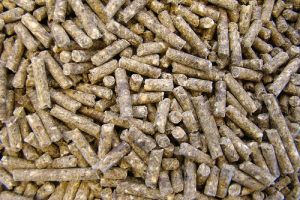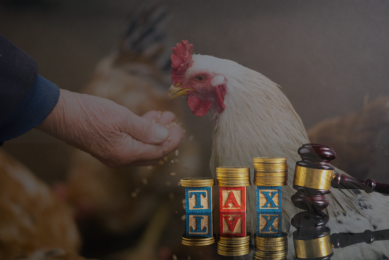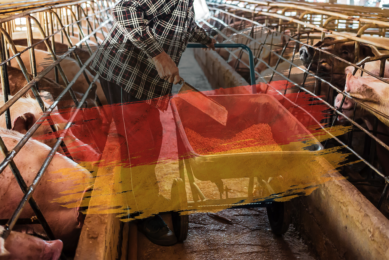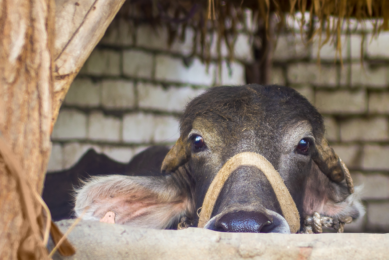Food restrictions slightly increase demand for compound feed

Contrary to popular belief, the ban on the importation of food from the US, European Union and a number of other countries to Russia, will not increase the domestic consumption of compound feed production significantly, according to a report from the CEO of the Institute for Agricultural Market Studies (ICAR) Dmitry Rylko, this was announced at the Black Sea Grain and Oilseeds 2014/2015 conference in Moscow.
According to Rylko, ICAR has developed a number of scenarios of import substitution, the most optimistic of which implies an increase in feed production by 2.69 million tonnes over the coming couple of years. Thus, a nationwide consumption of compound feed in Russia today is estimated at around 31.5 million tonnes, taking into account imports and ending stocks. Thus, the maximum possible growth of this market because of the Russian response on the sanctions will not exceed 10%.
However, even such an increase, Rylko considers as unlikely: This scenario assumes an independent substitution of banned imports, which already now takes place with the help of the South American and Chinese meat industry. According to the analyst, with the trade restrictions in the beginning of August Russia restricted imports of 62% of poultry meat (325,000 tonnes), 55% of imports of pork (about 280,000 tonnes) and more than 40% of imports of milk (about 4.5 million tonnes).











